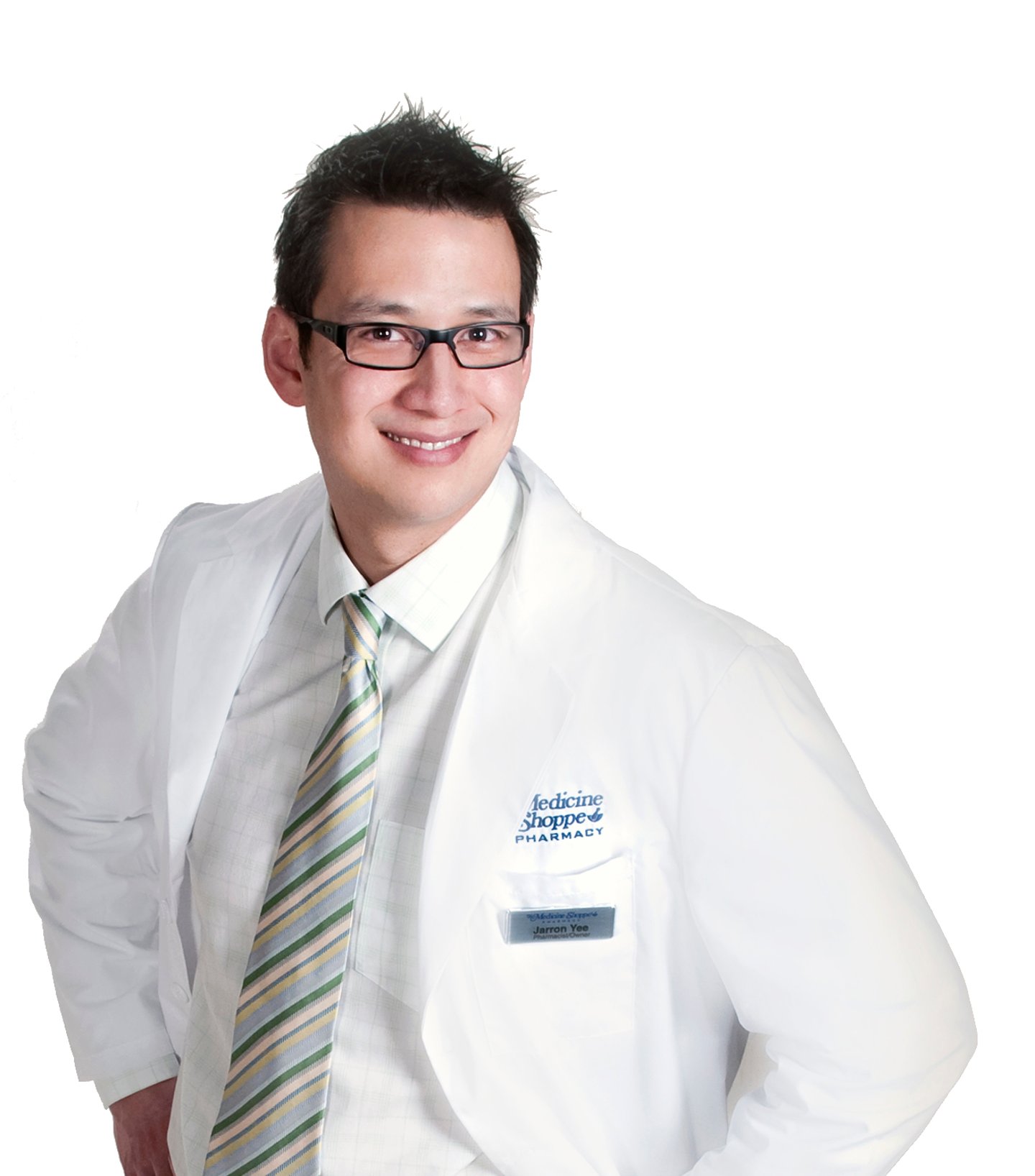Interested in adding compounding to your operation?
Jarron Yee is among a small but growing number of Canadian pharmacists who have recognized that adding compounding to their dispensary services can lead to sizeable profits and a loyal and happy customer base. When Yee opened The Medicine Shoppe Pharmacy and Compounding Centre in Regina in 2010 he was formulating one or two compound medications a day. Since then, compounds have grown to account for more than half of his dispensary business.
"When I opened, I found a huge number of patients were not having their needs met, either because their medications were on back order or had been discontinued, or because what they were being prescribed was not solving their problems. We soon became a resource for the community. People came in with issues and compounding is a way to solve them," he says.
Yee, who calls himself a "compounding consultant," achieved the professional rating of Hormone Specialist through PCCA. The course includes specialized study of ovarian anatomy, physiology and endogenous hormone function, clinical compounding treatment, and dosing guidelines. He has also achieved the professional rating of a Dermatology-Wound-Scar (DWS) Specialist by completing a rigorous program of study offered by PCCA, known as the Comprehensive Core Concepts in Compounding.
But while adding or improving compounding may help pharmacies improve their balance sheets and better address patients’ needs, big profits are not a given: success requires education, training, a significant investment in equipment and a marketing plan aimed at both physicians and customers, says Sebastian Denison, a pharmacy consultant with the Professional Compounding Centers of America (PCCA), which expanded to Canada in 1983 to help pharmacies develop the compounding side of their businesses.
Denison estimates less than five percent of Canadian pharmacies compound more than 15 prescriptions a day.
“Compounding is not simply throwing together ingredients and hoping for the best, but a set of specialized techniques and knowledge of pharmaceutics that allow compounding pharmacists to address the needs of the patient. It is required by all colleges in Canada that all pharmacists must have the basic ability to compound simple mixtures, but to become successful, compounding pharmacists require further education and training,’’ says Denison, who notes that the current climate in pharmacy is predisposing many pharmacies to look at compounding as a new revenue stream because many provinces do not cover compounds and it is a patient pay business.
“We see compounding as an avenue for pharmacists to truly become an integral part of the healthcare team by offering non-traditional treatment options, meeting the needs of the patient and utilizing their pharmacy education to its fullest extent,’’ says Denison.
Learning the ropes
PCCA Canada's members are all independent pharmacies that formulate compounds. The organization provides a range of services including accredited, hands-on primary and aseptic compounding courses at its in-house training laboratory in London, Ont., a complete line of chemicals, narcotics and controlled substances, equipment, pharmacy software, and marketing, business and pharmacy consulting assistance.
Yee, who specializes in pharmaceutical compounding with a focus on veterinary compounding, aseptic compounding, bio-identical hormone replacement therapy, and pain management therapy, is among those who have turned to PCCA for advice, counselling, equipment and drug components, all of which are provided as part of the annual membership fee. He and his pharmacy staff members have taken more than a dozen courses through PCCA, including introductory compounding, sterile compounding, veterinary compounding and pain management. He has purchased about $150,000 worth of equipment from the organization, including a containment hood, an ointment mill, a capsule machine and an electric mortar and pestle.
PCCA also advised him on the construction of a 500-sq. ft. in-store laboratory and helped him and his staff develop a marketing plan to let physicians and patients know his store offers compounding.
Once pharmacists have been trained to develop compounds, they must develop a marketing strategy to get the word out to doctors and customers, he says. The Medicine Shoppe marketing plan has involved meeting physicians one on one, holding luncheon meetings with doctors and patients, consulting with patients in the store and sending flyers to customers and doctors that make it clear the pharmacy offers compounding.
“Together with doctors and patients, we have developed a triad relationship, which enables us to achieve a positive outcome for the patient,” says Yee. “We have educated doctors on the services we offer so they can write prescriptions that work and we now receive plenty of calls from doctors who want to know about the solutions we can offer. We have become a resource for physicians and together we are able to deliver the best service possible from the moment a patient walks through our doors.”

